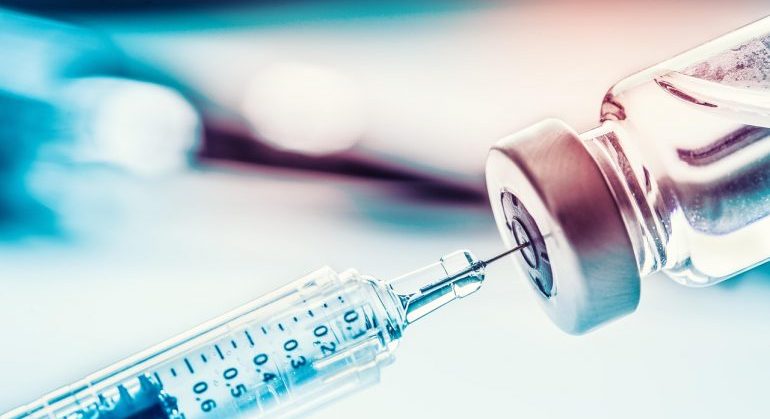Things looking up for local kendo scene
After International Kendo Federation application nod
By Michael Angelo S. Murillo, Senior Reporter
THE scene for the Japanese martial art of kendo in the country got welcome news recently after the application for membership of the local association in the International Kendo Federation (FIK) was accepted.
In a post on its official Facebook page at the weekend, the United Kendo Federation of the Philippines (UKFP) confirmed the FIK nod and that it was in the process of fulfilling some procedural requirements.
Based in Tokyo, Japan, the FIK (formerly IKF) is a nongovernment international federation of national and regional kendo organizations which aims to promote and popularize Kendo, Iaido, and Jodo.
It also conducts the World Kendo Championships every three years since its foundation in 1970. It currently has over 60 affiliated kendo organizations worldwide.
For the UKFP, to be affiliated with the FIK will go a long way as it opens many opportunities for the local federation in its mission to have more Filipinos appreciate kendo and pick it up as a martial sport.
“One thing about getting FIK affiliation is that it gives us greater access to the infrastructure of the organization. This gives us the ability to invite high-level instructors here to conduct seminars and other activities that can help promote kendo,” said UKFP president and chairperson Kristopher Inting in an online interview with BusinessWorld.
“We can also now conduct grading locally, reducing the expenses for kendoka based here (whereas before we had to go abroad to take exams). Finally, we can request for equipment donations from the FIK which can make entry-level joining of beginners easier as they won’t need to buy things from the start,” he added.
It, too, also makes the country eligible to join the World Kendo Championships, something Mr. Inting said they at the UKFP are very excited about.
The UKFP official shared that they formally applied for FIK membership in November 2019, but the groundwork for it started in 2013 when the Philippines managed to send a delegation to the ASEAN Kendo Tournament (AKT) held that year.
The return of the country to that tournament and participation in the subsequent AKTs since then, and coupled with the formation of UKFP in 2016, made the case of the Philippines for FIK membership stronger.
An offshoot of kenjutsu — or the term use for the different schools of Japanese swordsmanship, kendo, which translates to “way of the sword,” and makes use of bamboo swords known as shinai for striking and a protective armor known as bogu — has been gaining ground in the country in the past few years, with the UKFP currently boasting of 170 members nationwide.
Last year, the Philippine national kendo team had a successful outing in the 12th ASEAN Kendo Tournament in Jakarta, Indonesia, with the men’s A team bagging a bronze medal.
Apart from the bronze finish, the Philippine kendo team also won “fighting spirit” awards, given to players who did not place in the Top 4, but still made an impact on the tournament.
Winning the award were Veejay Joson for the Women’s Individual Event, and Robert Carabuena, Jr. for the Men’s Team Event.
Unfortunately, the local kendo scene has been affected by the coronavirus pandemic with kendoka unable to practice their craft as much as they want to.
“Currently, we are not practicing due to the restrictions on sports (especially combat sports) during pandemic conditions. However, we are trying to get our members to maintain a certain level of health and fitness, especially those in the training pool for the national team,” Mr. Inting said.
“The latter is important as we are now eligible to join the next World Kendo Championships in Paris (originally to be held in 2021, but has been indefinitely postponed), and we want potential national team players ready for training once it is safe to do so.”
While limited in what they can do at the moment, Mr. Inting said UKFP is using the time to plan and prepare programs for strengthening the organization as a whole.
They, too, are completing the requirements, including raising the money for membership fee, in time for the FIK’s general assembly next year where the formal acceptance of UKFP as a member will be made.
“I have already received a personal congratulatory message from the FIK official in charge of the process, so we just need to do the final legwork for this to happen,” Mr. Inting said.
Down the line, UKFP is also eyeing recognition from the Philippine Olympic Committee and Philippine Sports Commission as a federation so that it could further ramp up efforts to develop and promote kendo in the country.




